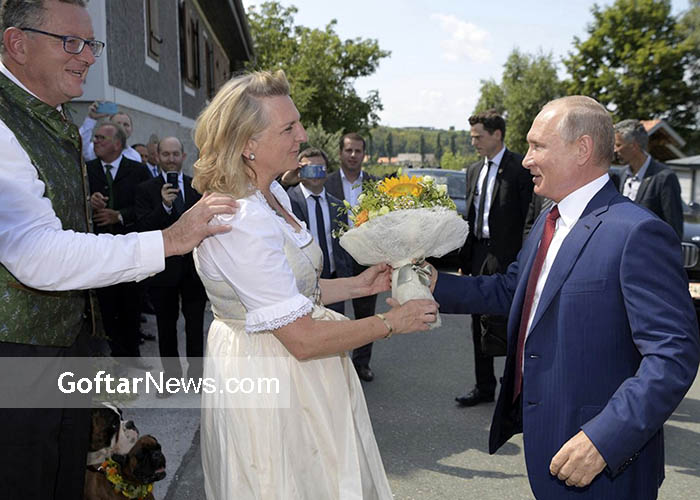Karin Kneissl Could Lose Citizenship: Debating Austrian Law and her Move to Russia

Countries must have clear and well-defined citizenship laws to prevent the potential misuse of power. Decisions regarding citizenship revocation must be made with caution, adhering to due process and respecting individuals’ rights and identities.
As the situation evolves, it remains uncertain whether Karin Kneissl will pursue Russian citizenship or if the Austrian authorities will take any action regarding the potential loss of her Austrian citizenship. The resolution of this case will likely shape future cases involving citizens engaged in activities that may harm their home country’s interests or reputation.
The case also highlights the complexities of modern diplomacy and the delicate nature of international relations. Karin Kneissl’s previous role as Foreign Minister and her close ties with Russia during her tenure have brought scrutiny to her actions and decisions. The unconventional wedding ceremony with Russian President Vladimir Putin, in particular, attracted significant attention and raised questions about potential conflicts of interest.
Citizenship revocation is a weighty decision that should be guided by well-defined laws and established principles. It requires a careful balance between safeguarding a country’s interests and reputation and protecting individual rights. The interpretation of the Austrian Citizenship Act and its application in this case will be closely watched by legal experts, scholars, and the public alike.
Whatever the outcome, the debate surrounding Karin Kneissl’s potential loss of citizenship serves as a reminder of the evolving nature of citizenship and the challenges that arise in an interconnected world. Countries around the globe are grappling with similar issues as they seek to define the boundaries and responsibilities of citizenship in the face of changing political landscapes and global dynamics.
June 21, 2023 | 8:24 pm



